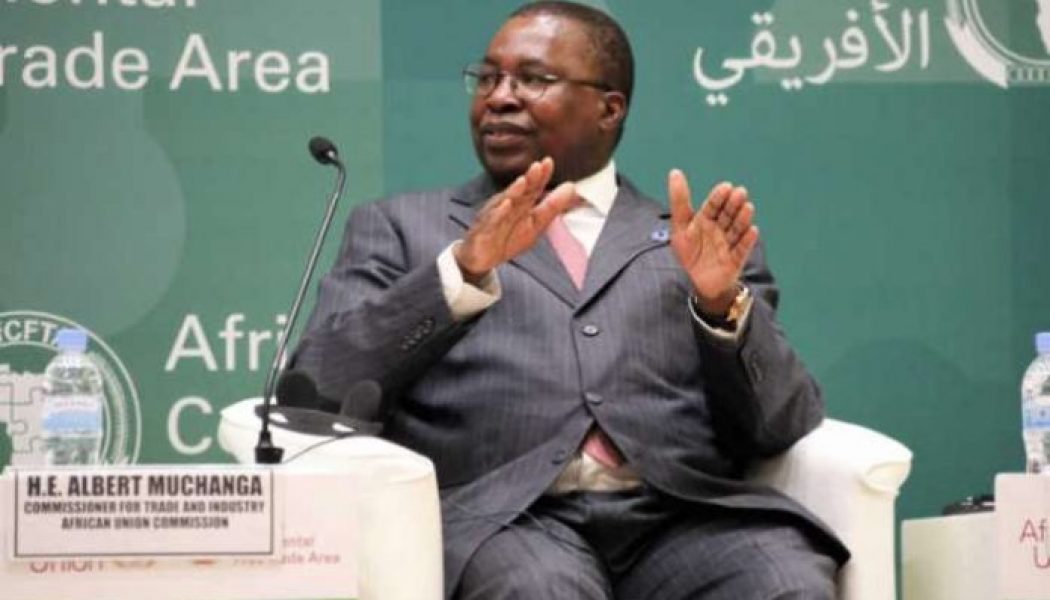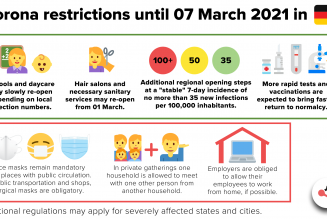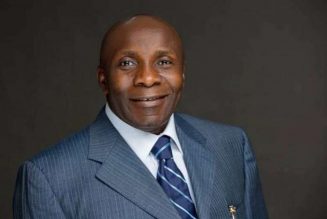
The African Union Commissioner for Trade and Industry, Albert Muchanga, said in Addis Ababa on Friday that instruments signifying Nigeria’s entry into the African Continental Free Trade Area (AfCFTA) will be received at the commission’s headquarters shortly ahead of next year’s kick-off of trading.
Speaking during the AfCFTA Business Forum 2020 to discuss the status of preparations to launch the continental trading, Muchanga said the launch of trading will facilitate the growth of African enterprise and enhance the capacity of industries producing goods to a wider population.
Nigeria, which signed the AfCFTA agreement in 2019, officially ratified the agreement on 12 November.
The instruments of ratification are expected to be received at the AU on Saturday, 5 December, the deadline for the ratification.
“AfCFTA Business Forum 2020, whose main theme was to discuss the AfCFTA’s role in post coronavirus (COVID-19) Recovery, Resilience and Structural Transformation, involved various panel discussions on what is required to ensure trading kicks off in January 2021.
The Business Forum was attended by senior business leaders, including African heads of state and leaders of multinational firms operating across various borders.
According to the AU Commission, 1 January 2021 will mark the start of a landmark period during which African countries will start to really trade with themselves.
“It is a historic moment for our continent as the world’s largest free trade area opens its doors to traders both large and small,” said the AU in a statement circulated before the meeting on Friday.
Rwandan President Paul Kagame said the start of the continental trading should particularly involve the private sector.
The Rwandan president said constant communication should be intensified during the period in order to highlight the benefits of the new trading arrangement.
“We must be able to communicate the benefits of free trade,” President Kagame said.
The AfCFTA Business Forum is the African Union’s premier multi-stakeholder platform for heads of state and government, private sector leaders, SMEs, civil society and other stakeholders to explore how intra-Africa trade and the African Continental Free Trade Area can develop the continent, the AU Commission said.
This year’s session focused on what the start of trading could mean for Africa’s recovery from the impact of Covid-19; and what businesses needed to do to successfully position themselves in this vast, new market.
Currently, the percentage of trade that African countries do with each other is a mere 16 per cent. The bulk of the continent’s trade is with the rest of the world, and most African exports are in raw materials including extractive commodities like oil, gas and minerals which are vulnerable to market volatility.
The AfCFTA is set to transform the way business is conducted across Africa. Trade barriers will be drastically reduced and traders of all sizes will have access to a much bigger market than before.
The bigger market will spur producers to upscale and so support increased industrialization and value addition on the continent, the AU said.
The AfCFTA will be the platform for boosting manufacturing and mechanised farming. More employment opportunities will thus be generated for Africa’s burgeoning young population, according to the AU.
“We are stimulating the emergence of value addition in Africa,” Muchanga said during a panel debate.










